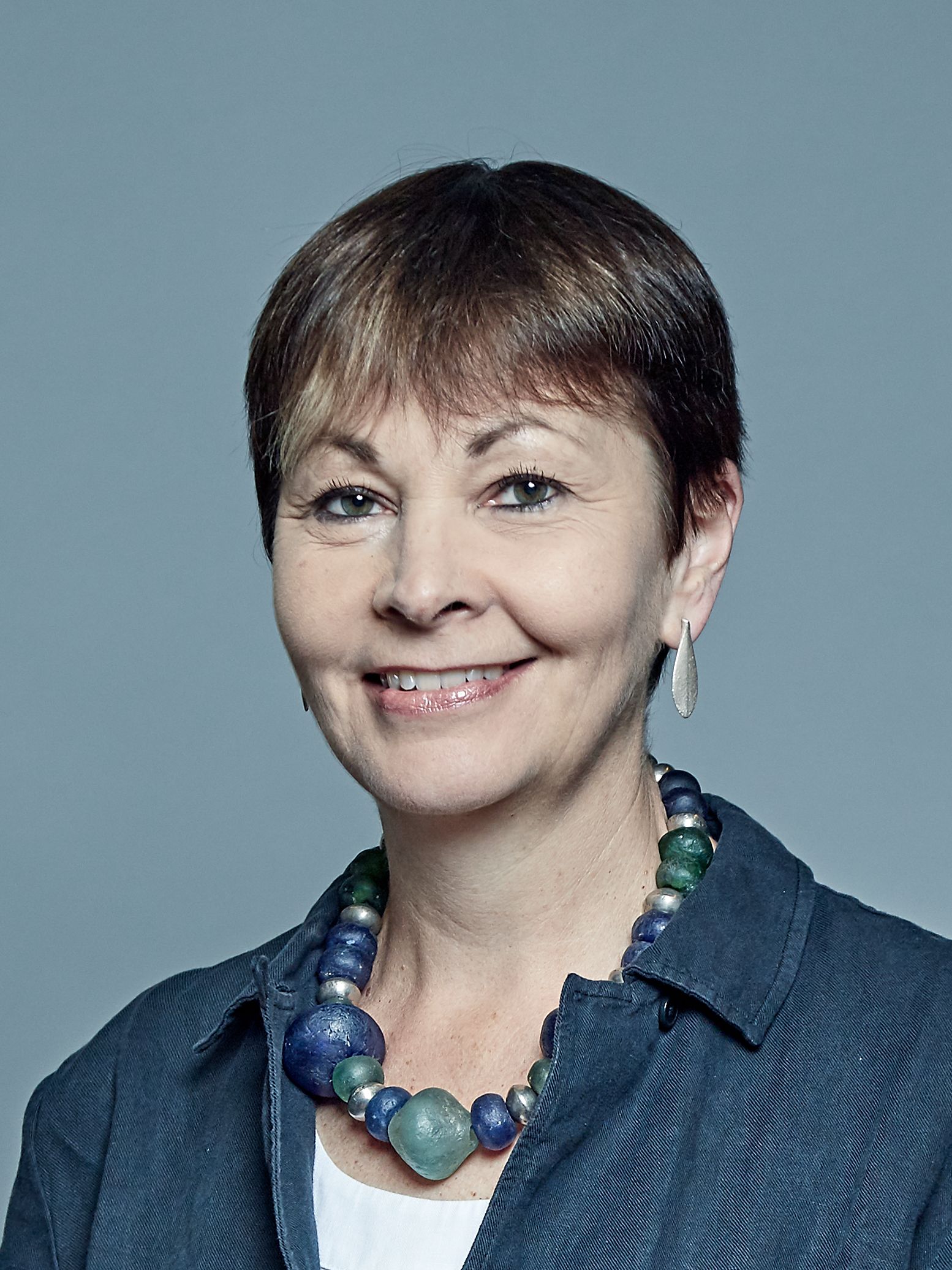Baroness Smith of Basildon – 2016 Parliamentary Question to the Department of Health
The below Parliamentary question was asked by Baroness Smith of Basildon on 2016-09-09.
To ask Her Majesty’s Government what action they have taken under the national Female Genital Mutilation Prevention Programme.
Lord Prior of Brampton
The Department’s Female Genital Mutilation (FGM) Prevention Programme was launched in 2014 to improve the way in which the National Health Service responds to the health needs of girls and women who have had FGM, and to actively support prevention. As part of the FGM Prevention Programme, working in partnership with NHS England, we have delivered a comprehensive change programme, with practical guidance and materials to support professionals and NHS organisations to understand how best they can tackle FGM. The programme outputs have:
– Introduced the first ever FGM data collection across the NHS, now published quarterly by NHS Digital as an official statistic;
– Published specialist FGM safeguarding guidance to help health professionals protect against FGM;
– Published specialist guidance to help health professionals commission appropriate FGM services;
– Commenced the early adopter phase for a new national safeguarding system linked to a child’s electronic health record;
– Awareness-raising roadshows and outreach work across the country have directly reached over 3500 professionals;
– Published educational films about FGM and updated content on the NHS Choices website.
– Delivered a patient and public facing FGM prevention advertising campaign using African satellite television, radio and Facebook. This has generated over 650,000 views on social media since its launch in July 2016;
– Launched comprehensive e-learning on FGM, free of charge to all NHS staff. This was developed by Health Education England, with more than 4000 staff having used this to date;
– Supported a number of projects with health partners including Royal Colleges, delivering a range of practical measures to improve clinical skills, awareness and preparedness to treat and safeguard women and girls with FGM;
– Sent all GPs, approximately 8,000 practices, FGM information packs containing resources to enable them to support patients living with FGM; and
– Worked with the York Health Economics Consortium to cost FGM treatment in the NHS and consider tariff implications. This work is nearing completion.
In this next phase of the Programme we have launched an ambition to make sure FGM survivors are aware of and have access to the right mental health support. We are also focusing on embedding recent developments across NHS systems.


